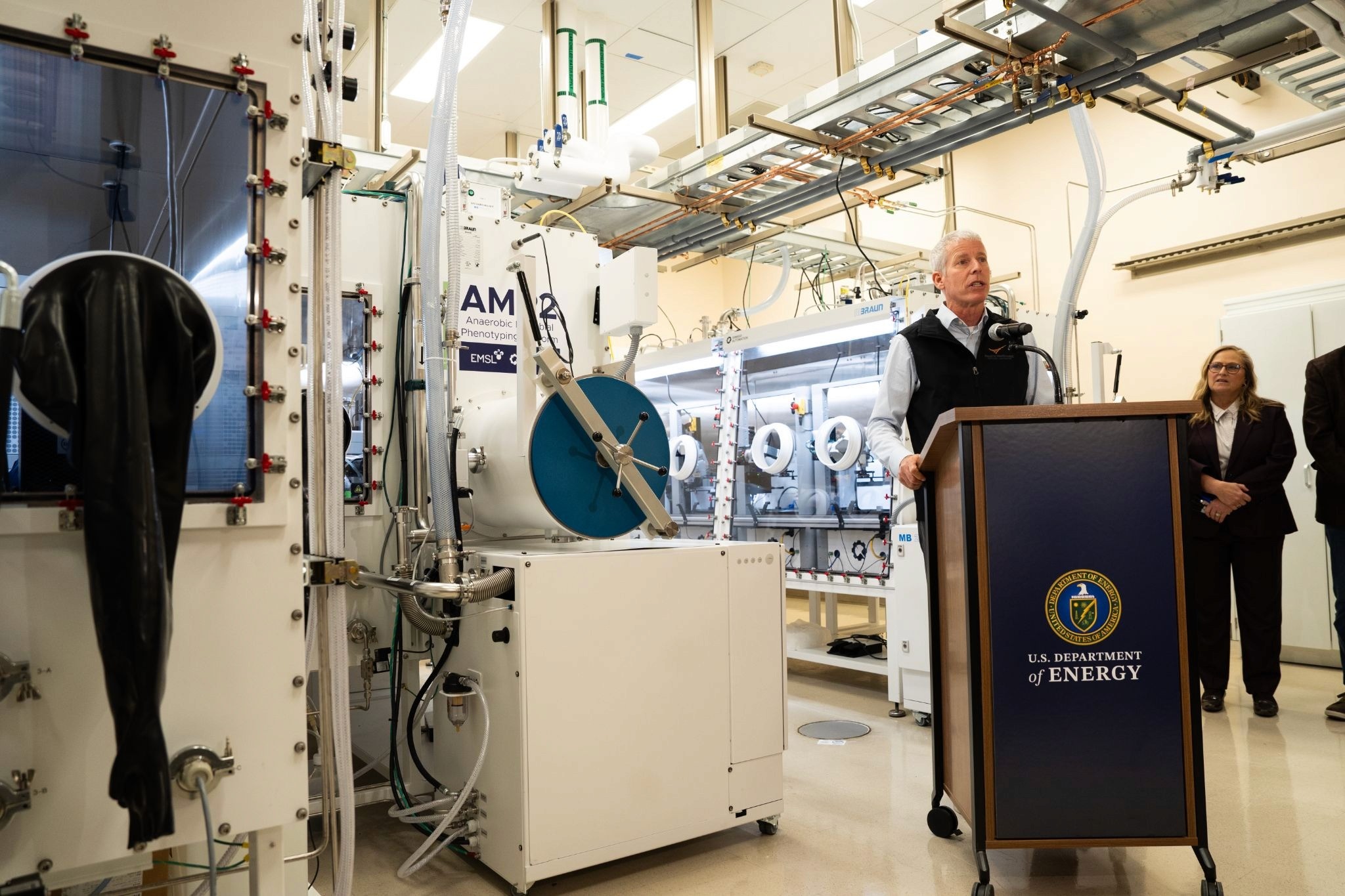Bio Design
Synthetic Biology’s Hidden Gems
Dec 16, 2015
Thanks to advances in DNA synthesis, sequencing, and manipulation, the engineering of novel biological systems is more feasible than ever, and many low-hanging fruit ripe for disruption have been enabled by powerful new genetic technologies. In the coming years we will reach an inflection point in the value of the field due to further advances in modeling and design that make engineering biology (synthetic biology) faster, easier, and more predictable. For investors, this offers a way to invest in the new wave of biological techniques without throwing their money into the expensive medical biotech market.
Investors that focus on technologies supporting and resulting from synthetic biology will be able to capture tremendous value by focusing on the following subfields:
Information Technology
Since 2007, the cost of sequencing 1,000 bases has fallen from over $100 to under $0.10, a pace that makes Moore's law look glacial. Due to this, the number of sequenced bacterial genomes has increased from 500 to over 10,000, providing an incredible diversity of genomes available for engineers to learn from and use in their own systems. Companies will use machine learning to connect sequence information to gene function. These companies offer tremendous value by making the engineering process smarter, resulting in better organisms with quicker turnaround time. Radiant Genomics, for example, uses genomics to discover valuable natural compounds and the enzymes needed to synthesize them. enEvolv, similarly, is using machine learning combined with high-throughput genome editing to accelerate the metabolic engineering process.
As companies become more serious about synthetic biology, the number of genetic constructs being designed and tested will grow exponentially. Large companies interested in synthetic biology, like Dow and DuPont recognize the advantages of regimented design and experimental procedures. To do this, they need software to aid in the design of experiments and tracking of all the variables associated with each experiment. Companies in this space will deliver value by standardizing experimental procedures so that researchers can trust and share their data. Currently, there are several companies building services for industrial labs. TeselaGen allows companies to effectively manage their libraries of genetic parts and design protocols for cloning. Similarly, Synthace helps track all the variables associated with high-throughput experiments, so that insights gained from the experiments can be trusted and used for further design.
Agricultural Biotechnology
The population of the world is expected to pass 10 billion people around the year 2050, putting a massive strain on the global food supply. In addition, global climate change is going to have a massive effect on the plants and animal species that we rely on for food. In the coming years, we will need solutions that can adapt to our changing needs more quickly than the current methods of breeding plants and animals. In pursuit of these solutions, advances in biological engineering techniques developed with medical applications in mind, like genome editing via CRISPR, are being repurposed for use in plants and animals. These techniques enable precise control of genes, allowing companies to build better plants, animals, and biologics quickly and easily. Cibus and Recombinetics are both very active in this field, pursuing the modification of plants and animals, respectively.
In addition to directly engineering crops, technologies that modify the microbes that live in and around the root system of plants present significant investment value. These microbes help provide the plant with essential nutrients, and can substantially increase yields. In addition, the regulatory barriers to getting such products to market are substantially decreased compared to technologies that directly modify the plants. With this in mind, Asilomar Bio is using yeast-produced plant hormones that encourage this symbiotic relationship in order to improve crop yields and water use.
Industrial Biotechnology
Investors have been afraid of industrial biotechnology due to the biofuels bust, but recent successes in boutique chemicals, like Amyris and Genomatica, show that this is an area that can provide great value. Complex organic compounds, like those found in nature, have many uses, especially in medicine, flavors, and fragrances. These compounds can be very difficult or even impossible to synthesize chemically. Many important reactions can only happen at very high temperatures or require many extra steps and expensive reagents to ensure that only certain parts of the compound are modified. However, biology offers useful tools to simplify the synthesis process. Biological organisms have been using enzymes to perform these reactions in one step and at physiological temperatures. There are many companies using simple biological organisms like E. coli or yeast to produce complex and valuable compounds. When engineered correctly, these organisms can churn out the products in large fermenters using simple and inexpensive feedstocks like potatoes or even plant waste. In addition to the decreased cost, companies can now market their compounds as environmentally friendly and ensure supply-chain stability. Notable young companies in this space include Pareto Biotechnologies, which produces designer compounds for flavors using yeast, and Antheia, which produces opioid compounds using the same organism.Biology is an incredibly complex and powerful force, and we are finally beginning to harness it to work for us. When we did this medicine, it produced the therapeutic antibody, which is expected to hit $125 billion in worldwide sales by 2020. Though synthetic biology is a much younger field, the general engineering of biology has much broader applications, and is expected to hit the same sales numbers only three years later. Investors that act quickly will be able to benefit greatly from this field.


















